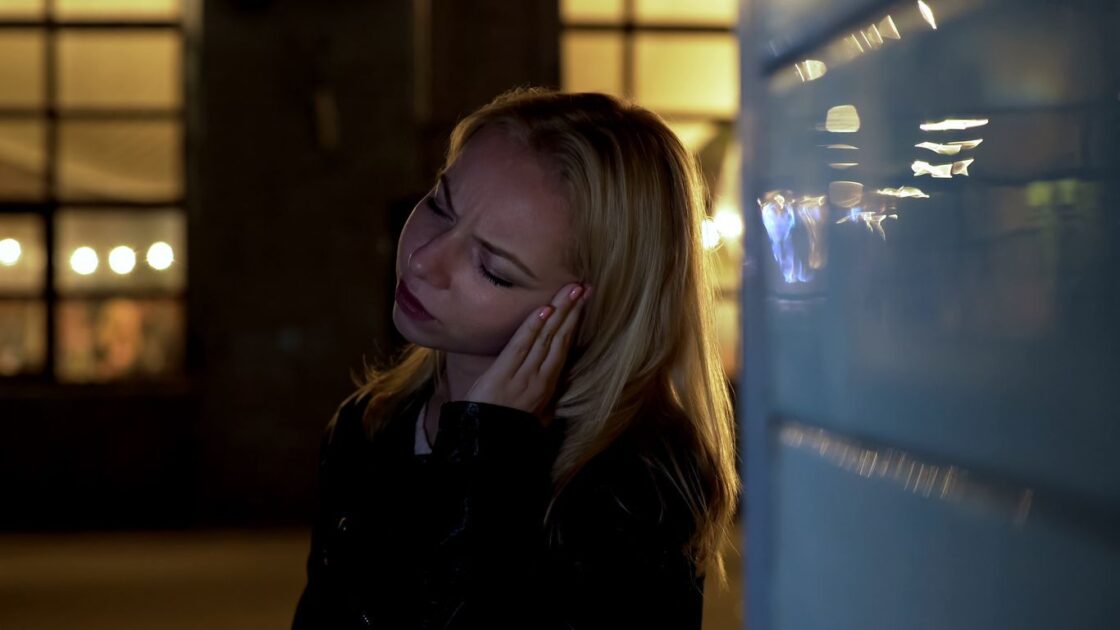What happens when you mix alcohol and drugs?
Mixing alcohol and drugs can increase the risks associated with consuming either. This guide can tell you more about potential reactions.

When people take drugs, they may also drink alcohol at the same time. Mixing alcohol and drugs can increase the risks associated with use of either. It can also be difficult to predict how drugs and alcohol will interact together.
What happens when you mix drugs and alcohol?
Alcohol and stimulant drugs (uppers)
When we talk about stimulant drugs, we refer to drugs such as cocaine, ecstasy and MDMA. Mixing these types of drugs should be approached with caution for a number of reasons:
- When you mix alcohol with stimulants, the stimulants can make you more alert, which can make it difficult to tell how drunk you actually are and lead to drinking more heavily than you would normally
- Alcohol will also dull the effects of most stimulants, which may encourage you to take more doses of a drug or higher doses. The more of a drug you take, the higher the risk of dangerous side effects
- Both alcohol and MDMA can cause dehydration, so it is important to hydrate when taking these at the same time
Mixing alcohol and cocaine
Alcohol and cocaine are a particularly dangerous combination because when the two are in the body at the same time, they produce a unique substance called cocaethylene. This substance is made in the liver, which filters out harmful substances in the body (detoxification), when it processes alcohol and cocaine at the same time.
Cocaethylene carries a number of risks:
- It can increase the effects of alcohol or cocaine and make you feel more euphoric, which may encourage you to use even more of both
- Cocaine causes the body to processes alcohol faster than if someone is just drinking alcohol. This can lead to you increasing your alcohol intake as you may feel better able to consume more alcohol
- Cocaethylene is significantly more toxic than cocaine and lasts longer in your system, both of which can make overdose and even death more likely
- It increases blood pressure and heart rate more than cocaine does, creating greater risk of heart attack
- Co-ingestion of alcohol and cocaine has also been reported to increase the possibility of hospitalisation
Alcohol and depressant drugs (downers)
Alcohol slows down your heart rate and can make your breathing slower. Substances that cause these kinds of effects in the body are called depressants.
When mixing alcohol and drugs that have similar effects, such as benzodiazepines, heroin, ketamine or GHB, there is a higher chance of losing consciousness, overdose, coma and death.
You should never consume alcohol with GHB. This greatly increases the possibility of overdose and in some cases, death.
These combinations are generally thought of as dangerous and should ideally be avoided. If someone has combined these two substances, they should be watched closely to ensure they are okay. If they lose consciousness, they should be placed in the recovery position (on their side) to prevent them choking on their own vomit.
Find out more about what to do in a drug emergency.
Alcohol and cannabis
The use of alcohol and cannabis together, sometimes called being ‘cross faded’, is generally thought of as a low risk combination, but how the two substances combine can still be quite unpredictable.
Drinking can make the high from cannabis more intense. It can also make it more likely that you experience dizziness, nausea and vomiting (sometimes called ‘going green’ or ‘whiting’) or other unpleasant side effects such as anxiety, paranoia, delusional, auditory and visual hallucinations and in some cases, may cause psychosis.
Mixing substances carries risks
This isn’t an exhaustive list, neither in terms of possible drug combinations nor possible effects of combining certain substances. Mixing alcohol and drugs, or mixing two or more substances, can produce unpredictable side effects. It is best to do research before choosing to mix substances, or try to only take one substance at a time on nights out. This is particularly true if you have any preexisting mental or physical health conditions that could mean drug combinations pose additional risks.
Support services
- Drugs.ie: Online information and support for drug and alcohol use. Includes a national directory of drug and alcohol services
- HSE Drugs, Alcohol, HIV and Sexual Health Helpline: Freephone 1800 459 459
- You can contact Youth Information Chat, an online service that can put you in touch with Youth Information Officers based all around the country, for more general information
- You can also contact the HSE’s Drug and Alcohol Helpline on freephone at 1800 459 459 if you want to discuss your cocaine use
Feeling overwhelmed and want to talk to someone?
- Get anonymous support 24/7 with our text message support service
- Connect with a trained volunteer who will listen to you, and help you to move forward feeling better
- Free-text SPUNOUT to 50808 to begin
Find out more about our text message support service
If you are a customer of the 48 or An Post network or cannot get through using the ‘50808’ short code please text HELLO to 086 1800 280 (standard message rates may apply). Some smaller networks do not support short codes like ‘50808’.






